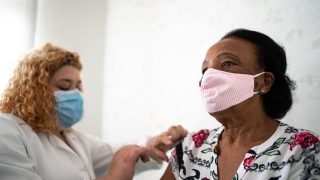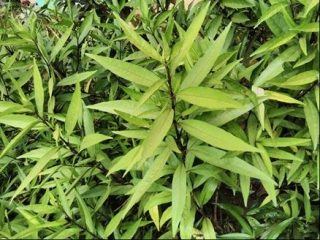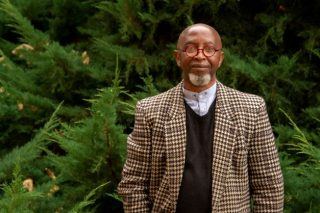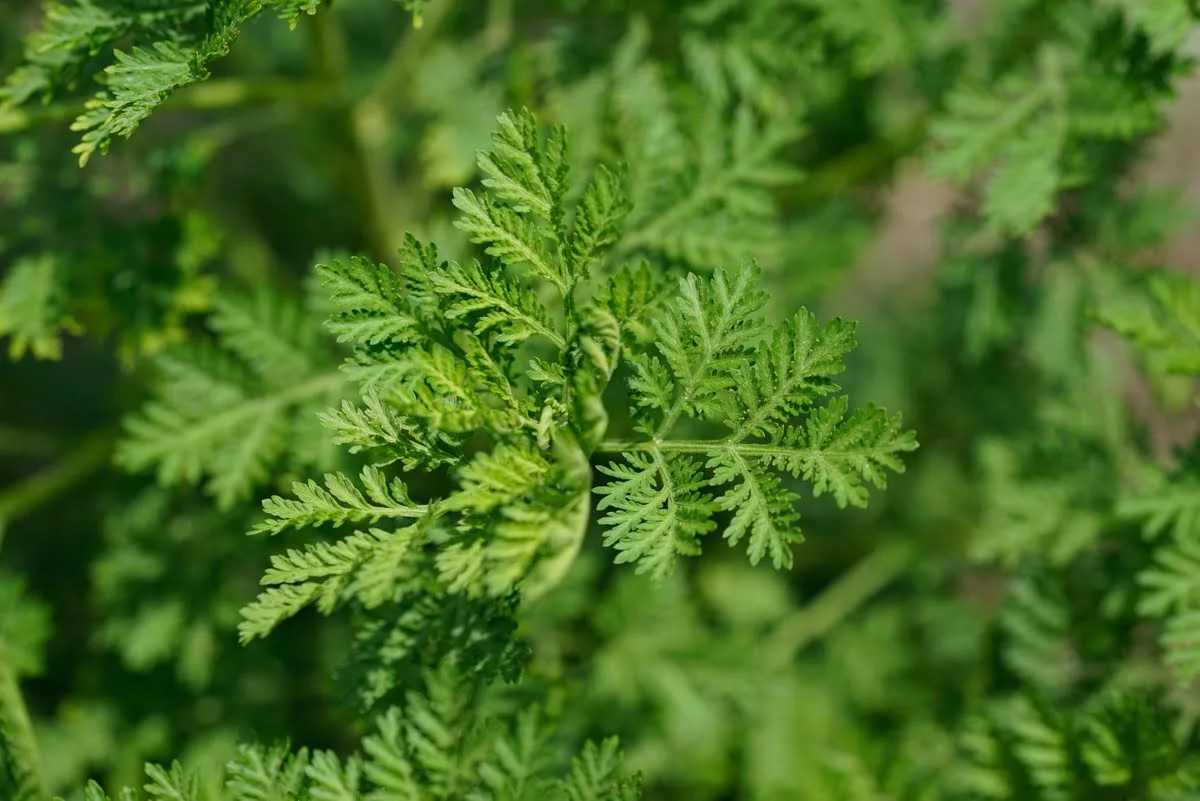Traditional medicine has been used for centuries, and today it still has a vital role to play in health care and in improving the well-being of people across the globe. Celebrating African Traditional Medicine Day on 31 August each year shows the importance of traditional medicine – especially African traditional medicine – as part of the indigenous medical knowledge system (IKS). In fact, traditional medicine is regarded as so important that the African Union has decided to designate 31 August each year for the recognition and celebration of African Traditional Medicines Day. Opinion article by Prof Motlalepula Matsabisa, Professor and Director of Pharmacology, Faculty of Health Sciences, University of the Free State [i]
Why traditional medicine should be on the world agenda
More recently, the World Health Organisation (WHO) and the Africa CDC established a Regional Expert Advisory Committee, bringing together experts from across the continent to advise and make recommendations regarding scientific research and clinical trials on traditional medicines for COVID-19, including technical and scientific assistance to member states wishing to conduct COVID-19 clinical trials.
The Regional Expert Advisory Committee will also advise the WHO and CDC on how to respond to current and new pandemics through the application of traditional medicinal products. This is another indication of the important role traditional medicines and traditional health practitioners could play in health and formal economies. I am currently heading this committee of African experts.
 Traditional African medicine is a holistic discipline involving the use of indigenous herbalism combined with aspects of African spirituality. On the continent of Africa, about 80% of the population is said to rely on traditional medicine for their basic healthcare needs, according to the WHO. In some cases, traditional medicine is the only healthcare service available; it is accessible and affordable to many people on the continent and the developing Third World. This makes traditional medicine the major provider of healthcare services in Africa, including all other developing countries; therefore, it cannot be underestimated.
Traditional African medicine is a holistic discipline involving the use of indigenous herbalism combined with aspects of African spirituality. On the continent of Africa, about 80% of the population is said to rely on traditional medicine for their basic healthcare needs, according to the WHO. In some cases, traditional medicine is the only healthcare service available; it is accessible and affordable to many people on the continent and the developing Third World. This makes traditional medicine the major provider of healthcare services in Africa, including all other developing countries; therefore, it cannot be underestimated.
The role of traditional medicine in combating COVID-19
I am involved in the research and development of traditional medicines in order to develop safe, efficacious, quality, and well-researched medicines that are easy to use, based on indigenous medical knowledge and the country’s floral biodiversity. Additionally, I am also conducting research aimed at products of plant origin that can address metabolic diseases such as diabetes, cancer, Alzheimer’s, hypertension, etc. I also have an interest in developing new interventions and products for infectious diseases such as malaria and the current COVID-19 pandemic.
The aim is to develop well-researched traditional medicinal products supported by controlled clinical research findings. It is quite possible that cures – or at the very least – medicines and vaccines for all modern-day illnesses, diseases, and pandemics have their origin in traditional medicine or natural products, and so there is hope that more such drugs and vaccines can still be developed. This has always been the case in the role that traditional medicine plays, not only on the African continent but also worldwide.
Combatting COVID-19
Even though various effective vaccines have been developed to combat COVID-19, this deadly pandemic requires all the efforts from different aspects of health interventions. There is possibly not one single intervention to stop the COVID-19 pandemic, so we are looking at non-pharmaceutical and pharmaceutical interventions, including the development of herb- and traditional medicine-based pharmaceuticals for COVID-19. The core of my research is to find appropriate and relevant health solutions based on indigenous knowledge and products. Traditional medicines can play a role in all the phases of the COVID-19 disease. These phases include acute Phase I, Phase II, and Phase III, or better known as long COVID or post-COVID syndrome. Traditional medicine products can work as antivirals, such as antioxidants, treatment for respiratory conditions, as well as viral entry inhibitors and immune modulators to curb the cytokine storm associated with COVID-19.
Traditional medicine and past pandemics
When looking at past pandemics such as the 1889 Asian or Russian flu, the 1892 Australian flu, and the 1918 Spanish flu – it is clear that traditional medicines also contributed to combating these pandemics. Together with physicians, traditional practitioners have treated patients during the pandemics by systematically selecting and using certain plants indicated for the symptoms associated with the pandemic. These plants could still be relevant for COVID-19 today. For Asian influenza, the H1N1, Swine flu, H5N1, Avian influenza or bird flu, the H3N2 H7N9 of 2013, a medicine called Tamiflu or Oseltamivir was used, which is derived from the star anise flower (Illicum verum Hook), a Chinese culinary spice plant. Tamiflu is now being sold and marketed by Roche. A new HIV antiviral compound, Patentiflorin A, which is found more effective at inhibiting the HIV-reverse transcriptase enzyme than AZT, has been discovered from the plant Justica gendarussa.
 Moreover, only 20% of the 360 000 plant species in the world have been systematically researched, with only 10% of these reported to be used in traditional medicines. South Africa has 30 000 indigenous plants, of which 4 000 are reported to be used in traditional medicines.
Moreover, only 20% of the 360 000 plant species in the world have been systematically researched, with only 10% of these reported to be used in traditional medicines. South Africa has 30 000 indigenous plants, of which 4 000 are reported to be used in traditional medicines.
Drugs derived from plants constitute close to 30% of all prescription medicines, and these plant-based medicines treat 90% of all known human diseases.
The power of plants
I have mentioned Metformin for the current treatment of type II diabetes, which was discovered in 1922 from the plant Galega officinalis, while most anticancer medicines are derived from plants. The list of current prescription medicines that are plant-derived is endless, including artemisinin for malaria, quinine for arrhythmia, digitoxin for heart failure, aspirin for pain, cyclosporine for transplantation, theophylline from the Theobroma tree for asthma – all derived from plants, and the list goes on. We as Africans are happy to buy our own products if they are sold to us from Europe. This is our biggest weakness. We do not want to support local produce and local innovations.
For these reasons, therefore, my argument is that before traditional medicines can be outrightly rejected, it should be given an equal chance to be fairly researched. When HIV first became known, everybody was talking about developing HIV vaccines, and lots of investment went into research. However, to this day we have not found a vaccine against HIV. Let traditional medicines be given a chance to be equitably funded, well researched, and tested, without positioning them as a replacement for vaccines, but rather as alternative treatments or cures for COVID-19 and any other emergent disease, epidemic, or pandemic. There is an urgent need to institutionalize traditional medicines, not just to tolerate them, but to give them an equal chance and research funding to respond to COVID-19. Traditional medical products should be given an equal opportunity for market approval, authorization, and formal sales.
The economic potential of traditional medicines
Just like other medicines produced by large pharmaceutical companies, traditional medicine has huge economic potential. The global economy – which is made up of only 20% of the world’s plants researched thus far – has projections for 2026 showing a compound annual growth rate (CAGR) of 5,8% with a market value of USD136 billion. In South Africa, the traditional herbal market amounts to R20 billion, making it the largest health industry in the country. This sector excludes cannabis and tea products. Cannabis alone has a market projection of USD73,6 billion for 2027, with a CAGR of 18,1%, while the global tea market in 2020 was USD115 million with a CAGR of 9,5%.
In closing
In South Africa, traditional medicines are supporting a minimum of 140 000 households; therefore, if research can be strengthened, we can see more households supported and more jobs created. These jobs can be found throughout the traditional medicine value chain, from development to retail, marketing, and distribution. Employment can also absorb the technical skills developed by graduate students trained in our higher education sector. Through traditional medicines, we can contribute to universal health coverage – new medicines and new health solutions. Through the development of traditional medicines, we could see the contribution of traditional medicines to the sustainable development goals, such as improving health and well-being and reducing poverty and hunger, as well as quality education to the targeted communities. Africans need to conduct proper peer-reviewed research on traditional medicines to build confidence with patients and consumers of traditional medicines.
About the author

Prof Motlalepula Matsabisa is the chairperson of the World Health Organisation’s (WHO) Regional Expert Advisory Committee on Traditional Medicines for COVID-19, which was established last year.
Area of expertise: Indigenous Knowledge Systems
Faculty/Department: Health Sciences





![women [longevity live]](https://longevitylive.com/wp-content/uploads/2020/01/photo-of-women-walking-down-the-street-1116984-100x100.jpg)










